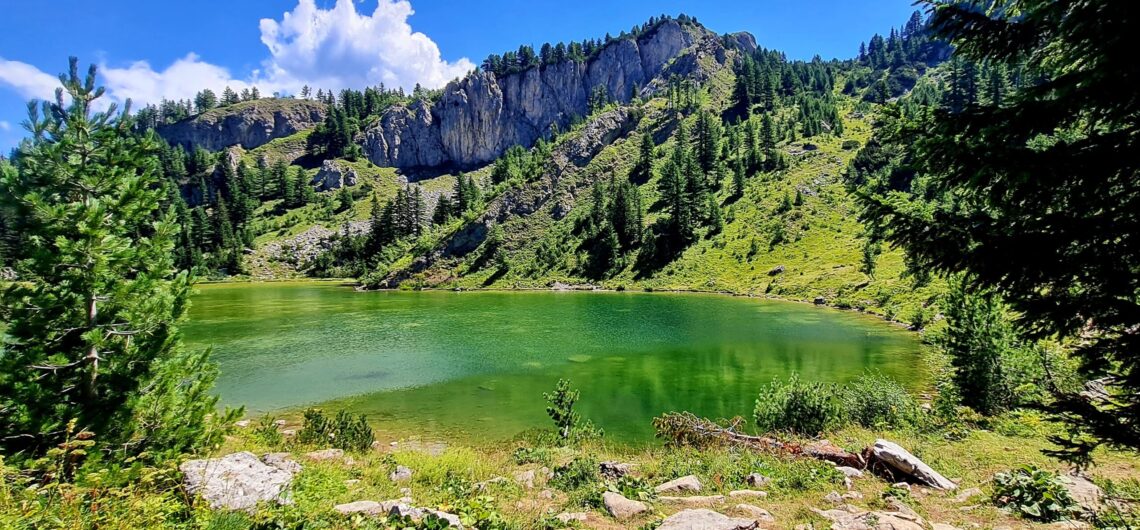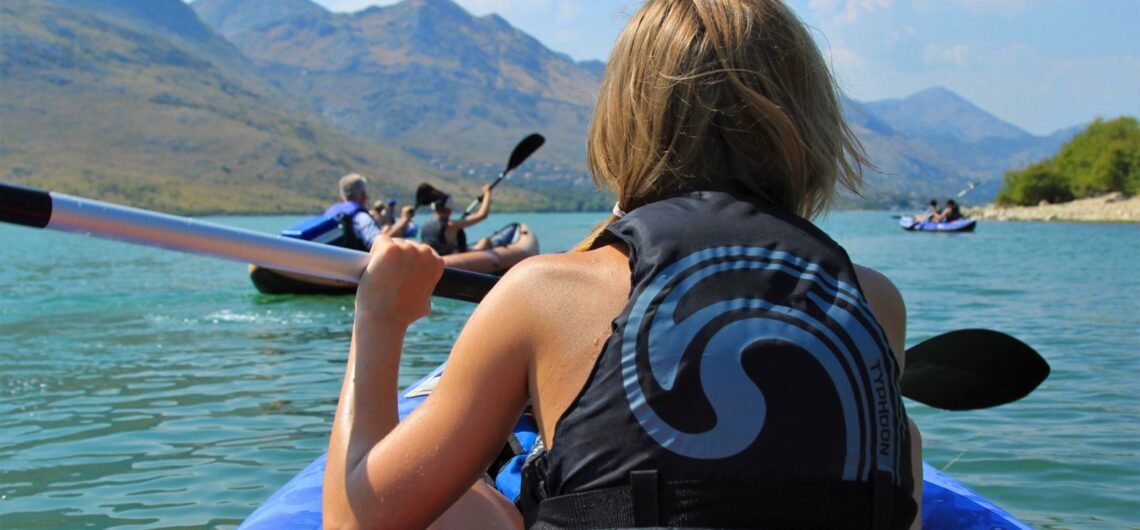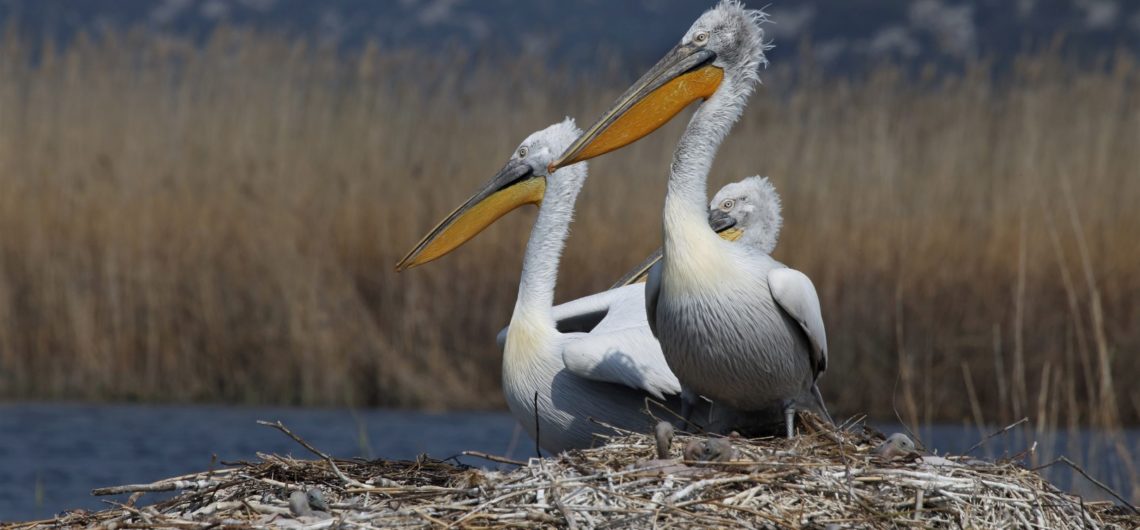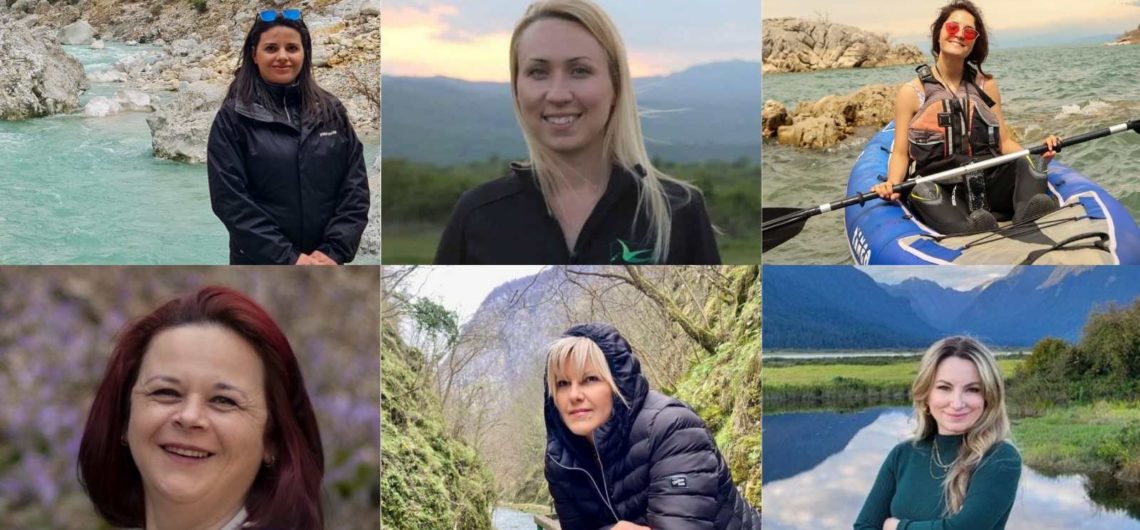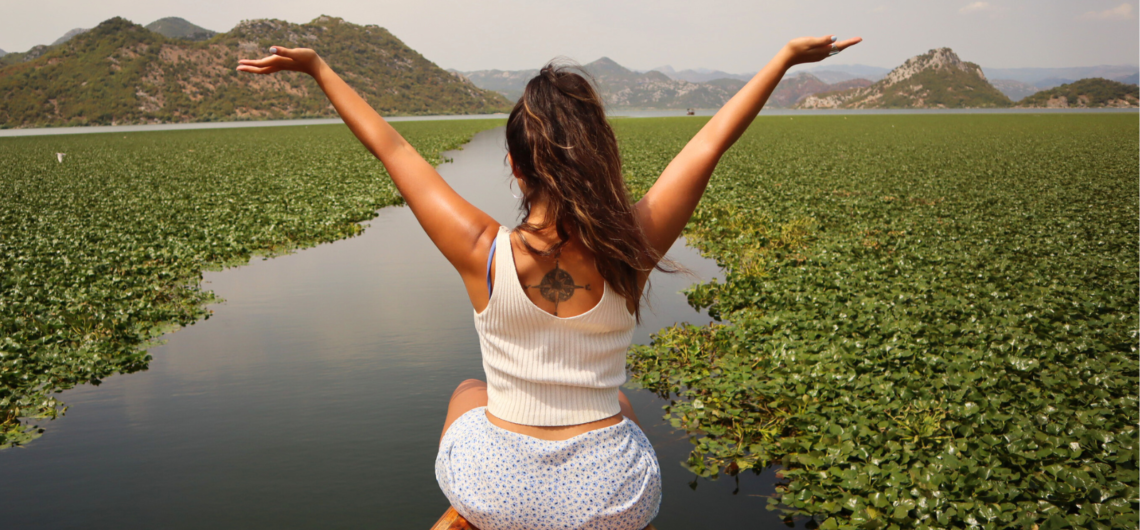Hiking in Kosovo: the ethereal beauty of Rugova Canyon Kosovo is the most underrated but exciting new destination for adventurers. Balkans travel writer Camilla Bell-Davies shares her firsthand account of hiking and wild swimming in the Rugova Canyon. Last year in June, in search of wild swimming, I hiked the Liqenati lakes trail in Kosovo’s
This week, we invited journalist and travel writer Camilla Bell-Davies to be a guest blogger and tell us which Balkan countries are on her radar in 2026. Camilla lived in Serbia and often travelled to Bosnia and Kosovo for a change of scene. She wrote about Balkans travel for The Financial Times, The Guardian and
We’ve been kayaking in the Balkans since 2004—long before it became cool on Instagram. Back then, it was just us, a couple of battered kayaks, and the endless blue of Lake Skadar—or Shkodër, as it’s known in Albania—the largest lake in the region and the place we now call home. Since then, we’ve explored the
Planning a trip to the Balkans and wondering what kinds of wildlife you might encounter? With vast swathes of undisturbed forests and wetlands, the peninsula is teeming with animals which are rare, if not extinct, in the UK. Despite being popular for the beaches, Albania is actually two-thirds forests and mountains. Across the border in
International Women’s Day is HUGE in the Balkans. It’s traditional for children to give roses to their female teachers as a token of their appreciation, while women swap messages of love and appreciation for each other. And so, we want to take this opportunity to spread the love too. You’ll know if you’ve travelled with
The Balkans can be a bit behind when it comes to sustainability. For instance, you’ll see single-use plastic bags being handed out willy-nilly in Serbia or Montenegro, and a lack of understanding around how human activities can impact wildlife (ATV tours in protected areas are still not illegal here). Without coming across all preachy, it’s

